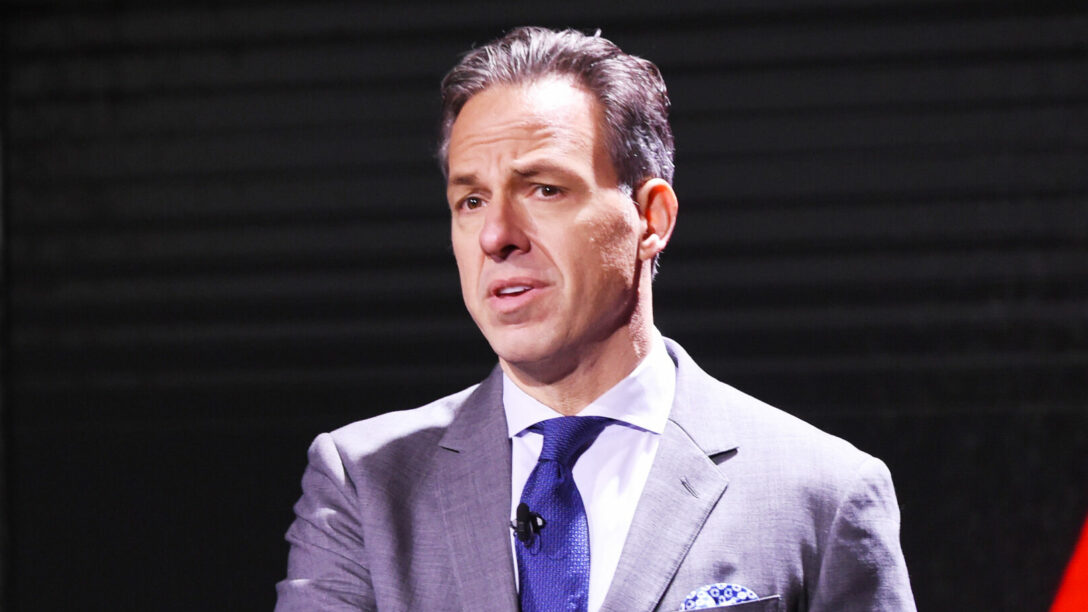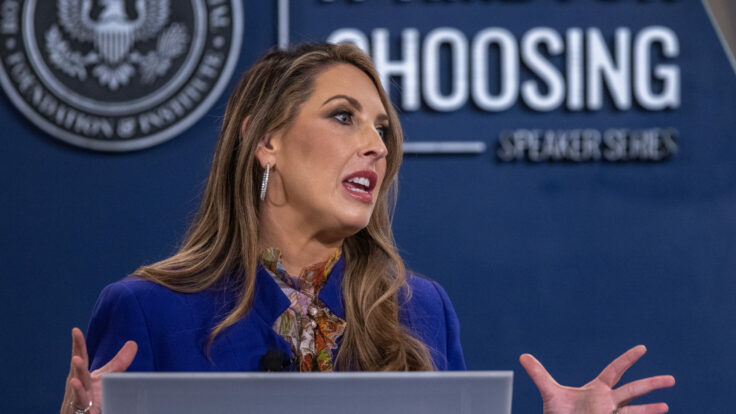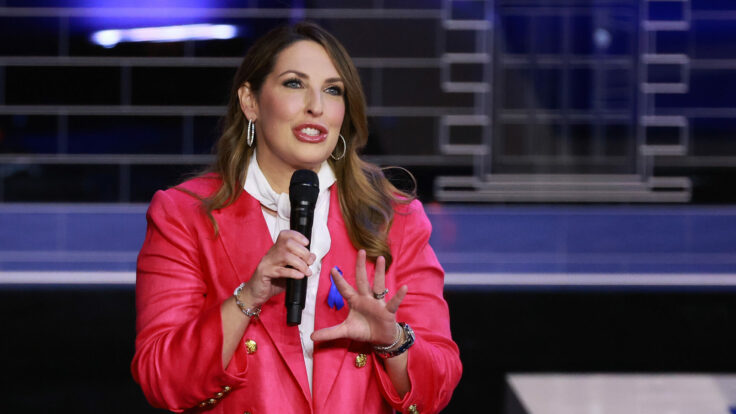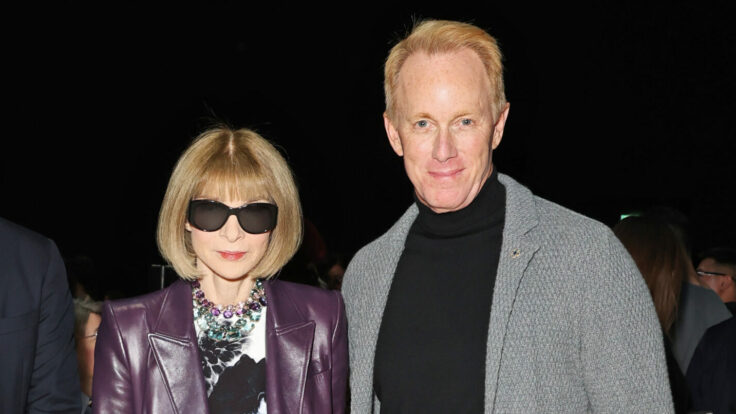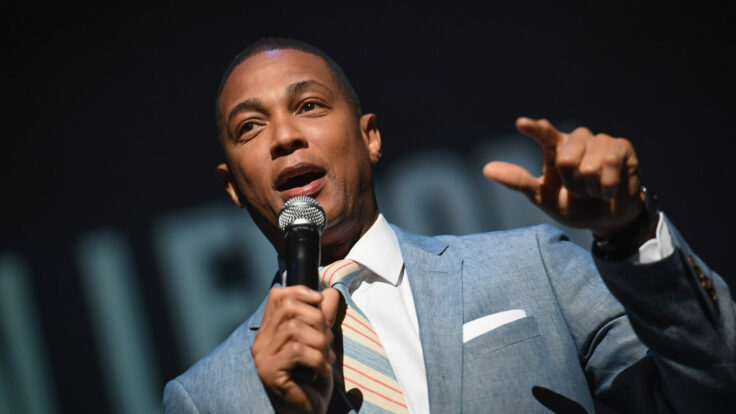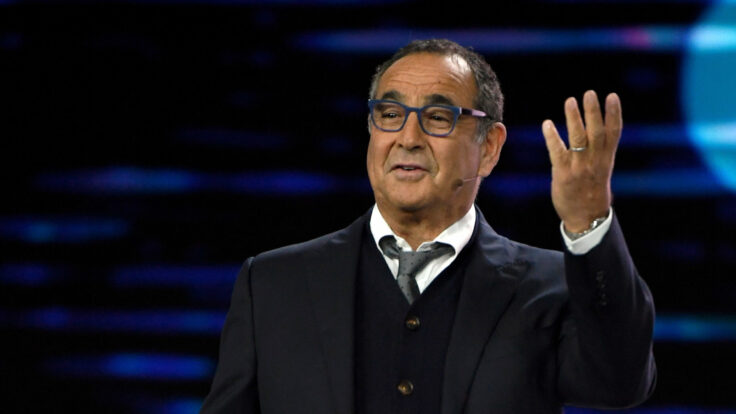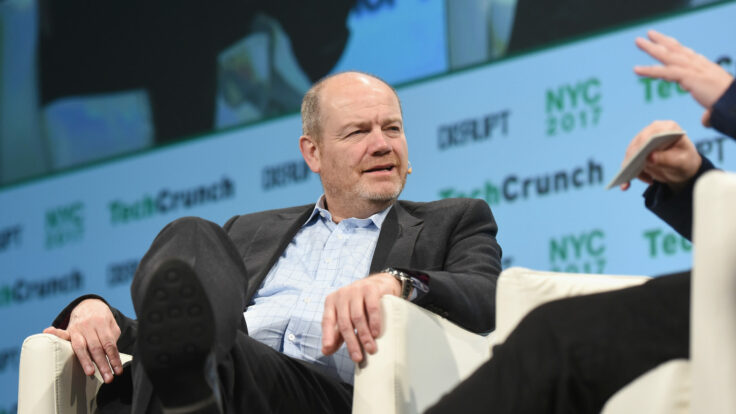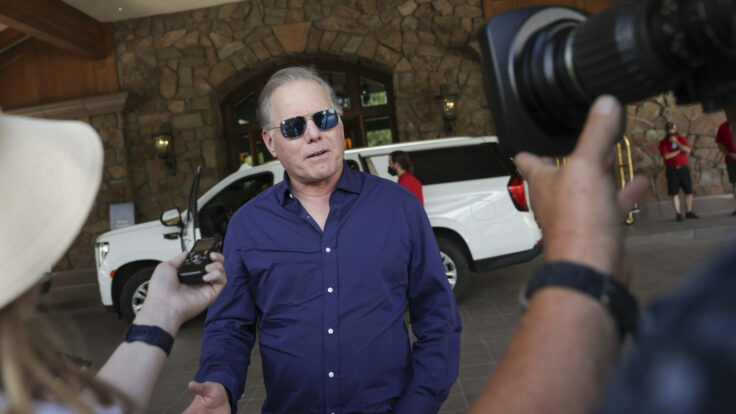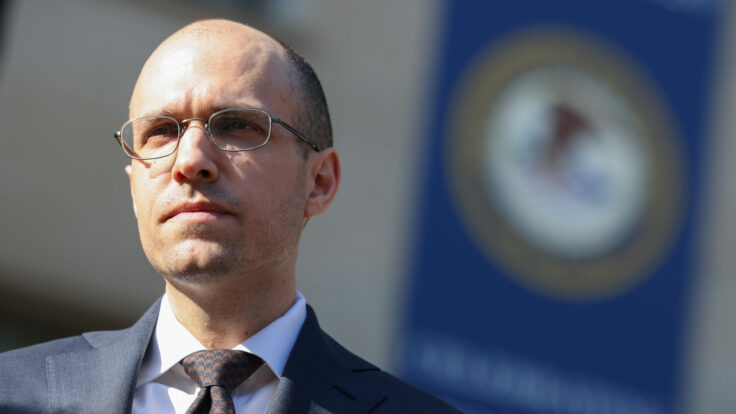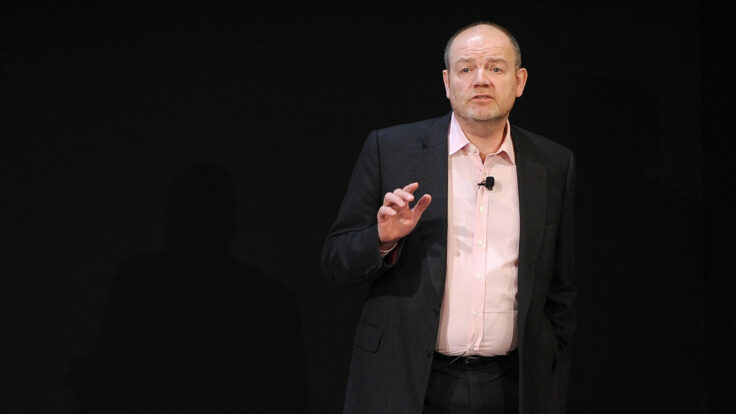Last year, before the creation of Warner Bros. Discovery—before Jeff Zucker’s dramatic ouster from CNN, even before John Malone called on the network to “evolve back to the kind of journalism that it started with” —David Zaslav began informally soliciting advice from Chris Licht, a longtime friend and then-executive producer of CBS’s “Late Show,” about what to do with CNN. One of Zaz’s preoccupations, sources with knowledge of their discussions said, was disrobing the liberal reputation that the network had acquired during the hyper-partisan Trump era, and re-imbuing it with the sort of non-polarizing, utilitarian vibes that defined its Atlanta-based years under Walter Isaacson. It didn’t seem to matter that Zucker had made the network more profitable than ever and a cultural icon, restoring it from the Piers Morgan and Eliot Spitzer days. Instead, Zaz seemed interested in envisioning a lower-volume CNN for the post-Trump era.
No formal offer was made to Licht at the time, and it’s not clear whether Zaz even intended then for Licht to ultimately replace Zucker, who was mulling all kinds of options—moving into a larger corporate capacity at WBD, sailing off into the sunset, those Miami mayor rumors, a sports play, et cetera. But by the time Warner Bros. Discovery took over CNN the following April, it didn’t matter: Zucker had been abruptly defenestrated from Hudson Yards two months earlier by Jason Kilar after disclosing his romantic relationship with his closest deputy, Allison Gollust. Licht was offered the top job.
